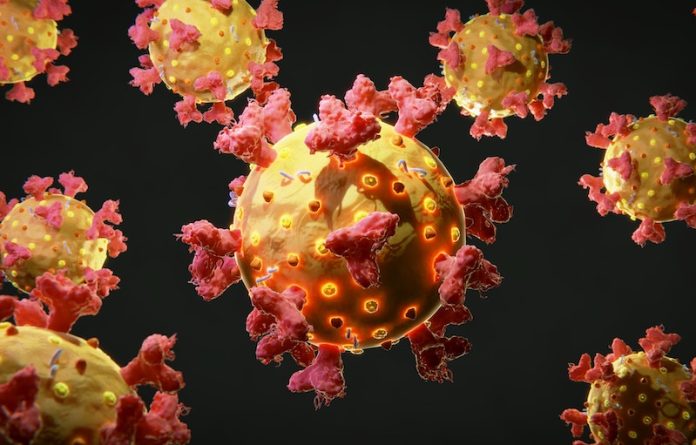
Cancer metastasis, the process by which cancer cells spread from the primary tumor to other parts of the body, has been a long-standing mystery in the field of oncology.
Despite advancements in research, the factors that contribute to the selective spread of cancer to specific organs or tissues remain largely unknown.
A Breakthrough in Metastasis Research
A recent study led by Professor Sachie Hiratsuka from Shinshu University School of Medicine in Japan and published in Nature Communications has shed light on this enigmatic process.
The research suggests that a biochemical modification in the protein fibrinogen could be a key factor driving metastasis, specifically to the lungs.
Unraveling the Biochemical Process: Citrullination
Citrullination, a post-translational modification of the amino acid arginine into citrulline, is central to this new understanding.
In this study, researchers found that citrullination of fibrinogen, a protein critical to blood clotting, creates a conducive environment (“metastatic niche”) in vulnerable lung tissues.
This citrullination alters fibrinogen’s conformation, surface charge, and binding properties, making it a ‘metastatic pathogen’ that attracts cancer cells.
Connecting the Dots: Fibrinogen and SAAs
Prior research by the same team had established a link between fibrinogen deposits in lung blood vessels and increased odds of cancer metastasis.
This new study delves deeper into the mechanism, revealing a critical role for Serum Amyloid A proteins (SAAs) in promoting citrullination of fibrinogen, thereby driving lung metastasis.
To substantiate their findings, researchers created humanized SAA mice, which showed more severe lung tumor metastasis than mice without the SAA genes.
Further experiments affirmed that SAAs-mediated citrullination of fibrinogen was causing lung tumor metastasis.
A Potential Solution: CitFbg Peptide
Armed with this newfound understanding, the researchers developed a novel CitFbg peptide that acted as a competitive inhibitor, effectively counteracting metastasis in a mouse model.
“The potential metastatic sites in the lungs of patients were clearly visualized by our specific antibody for CitFbg,” says Hiratsuka.
Implications and Future Directions
The implications of this study are profound. By identifying and understanding the biochemical mechanisms that underlie cancer metastasis, scientists may be better equipped to predict where metastases are likely to occur, allowing for early-stage interventions.
This opens the door to the future development of anti-metastatic drugs specifically targeting these mechanisms.
While clinical trials are still needed to validate these findings in humans, the study nonetheless represents a significant step forward in cancer research.
It brings hope for better prediction, prevention, and treatment options that could mitigate the life-threatening risks associated with metastatic cancer.
If you care about cancer, please read studies about common drugs for inflammation may help kill cancer, and statin drugs can starve cancer cells to death.
For more information about cancer, please see recent studies about these two things are key to surviving cancer and results showing common Indian fruit may slow down cancer growth.
The research findings can be found in Nature Communications.
Follow us on Twitter for more articles about this topic.
Copyright © 2023 Knowridge Science Report. All rights reserved.



